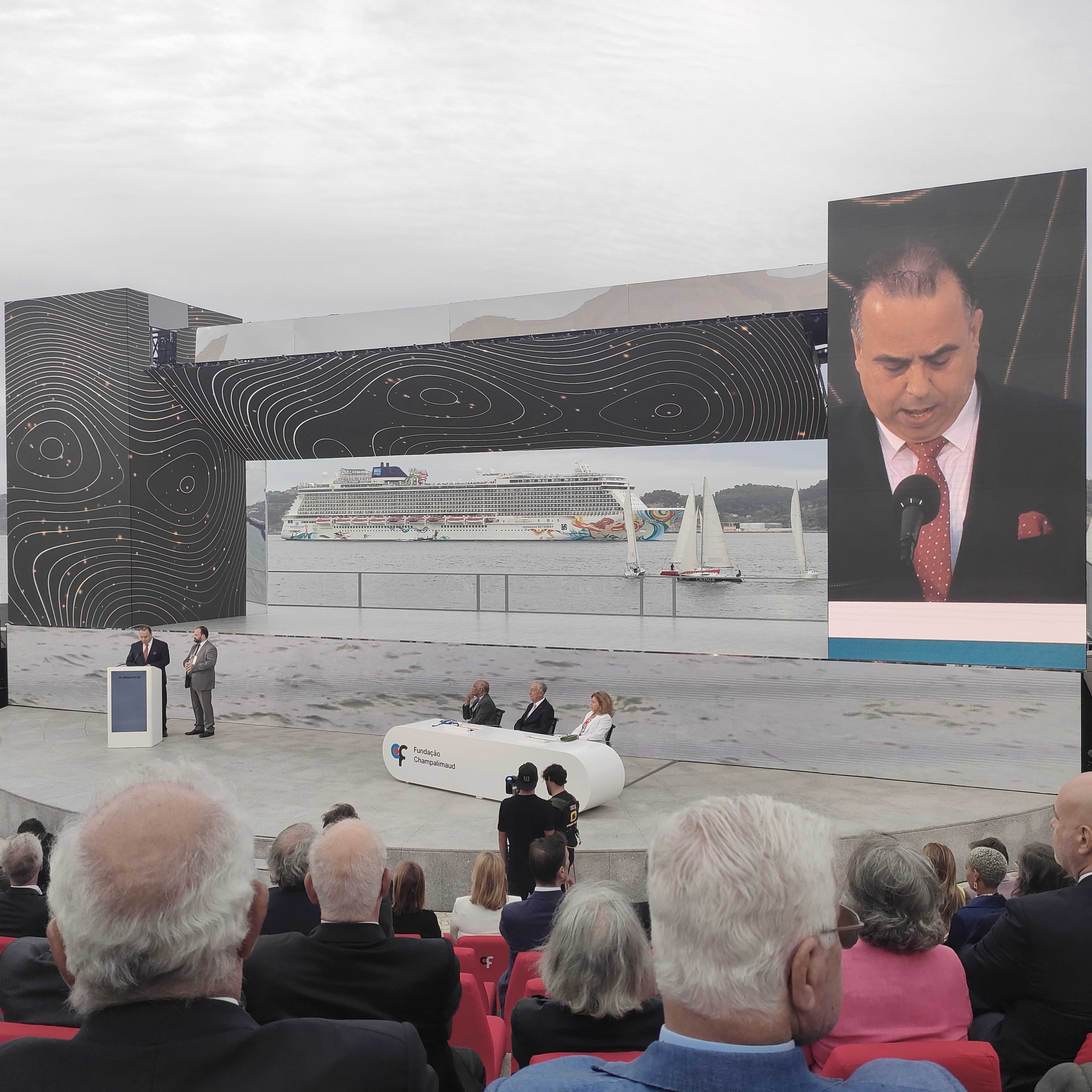The St. John of Jerusalem Eye Hospital Group (SJEHG) has been developing its activity at the centre of three major world religions. The ongoing conflict in the region has had a severe impact on health care access and delivery.
Without the intervention of the SJEHG, the rate of blindness would be rampant, increasing the heavy economic burden already suffered by people in the region. The SJEHG continues to innovate through research on the causes and risk factors for eye issues unique to the region, training of eye care providers from the local population, and delivering state-of-the art services to even the most isolated and vulnerable people in the West Bank and Gaza.
The SJEHG is the only hospital specialised in eyecare in the Palestinian territories, where it has been present for 140 years. Over the past decade, SJEHG has treated the eyesight of hundreds of thousands of people, regardless of ethnicity, religion, social class, or economic capacity. In 2022, 143,000 patients were reached, and 6,900 major surgeries were performed.
An epidemiological study carried out by SJEHG showed that the rate of blindness in Palestine is ten times higher than in the West. This is due to mobility issues, unemployment and poverty rates, as well as high levels of genetic eye diseases. In addition to providing health care, the SJEHG has trained teams of Palestinian doctors and nurses specialising in ophthalmology.
In total, the SJEHG is composed of six hospitals and three mobile outreach services, with 277 health professionals spread across the various territories of Palestine.
The 2023 António Champalimaud Vision Award, the world's largest award in the field of vision, worth 1 million euros, now acknowledges the SJEHG for its commitment to providing essential eyecare in this region marked by conflict.
About the António Champalimaud Vision Award
The António Champalimaud Vision Award is supported by "Vision 2020 - The Right to Sight", a global initiative for the prevention of blindness launched in collaboration with the World Health Organisation and the International Agency for the Prevention of Blindness. The Prize is awarded annually, distinguishing contributions to generic research in the field of vision and contributions to the alleviation of vision problems, mainly in developing countries. Among the candidates there are laboratories/productive organisations or collaborative efforts that, in this way, can involve groups coming from more than one institution or discipline.

